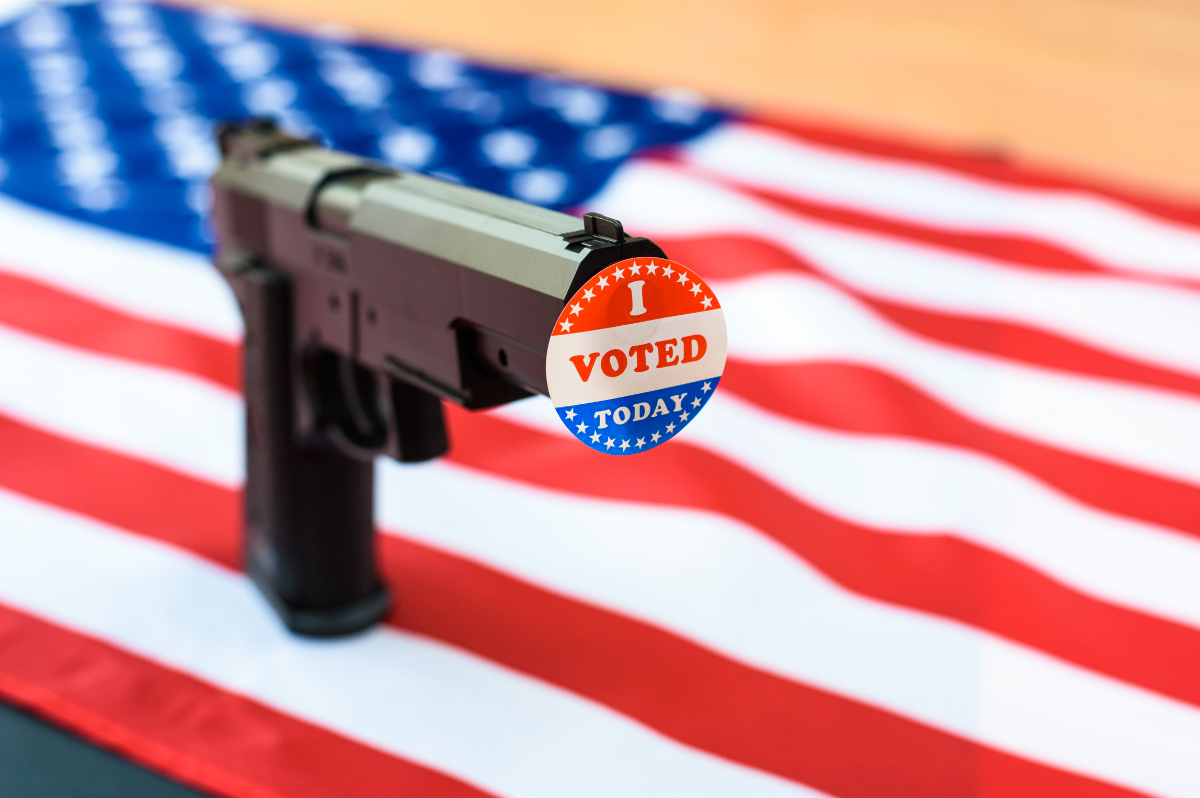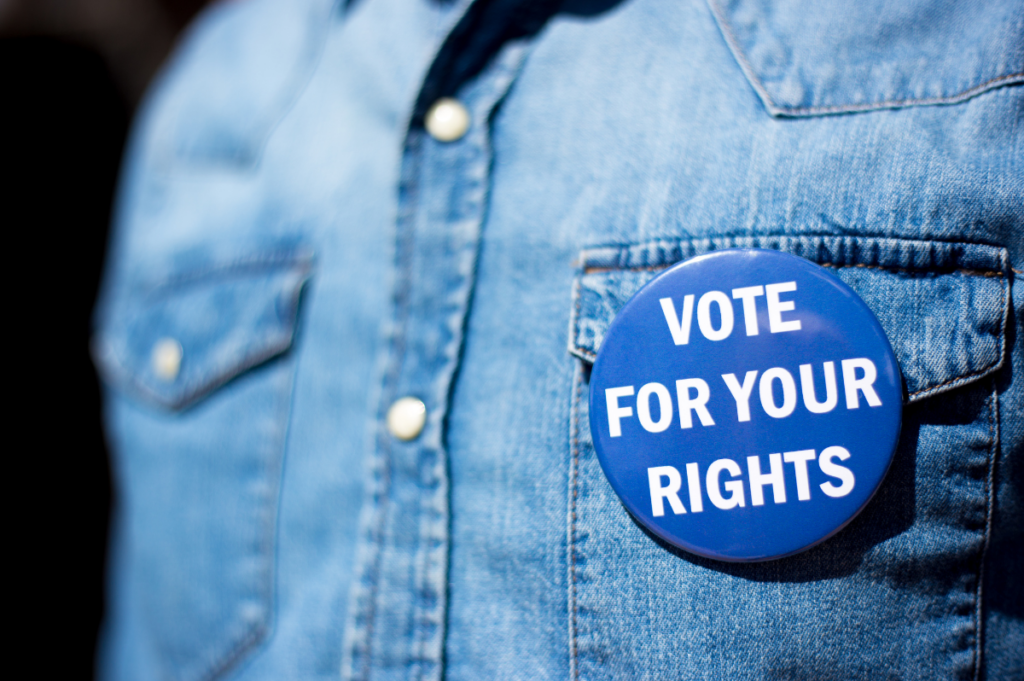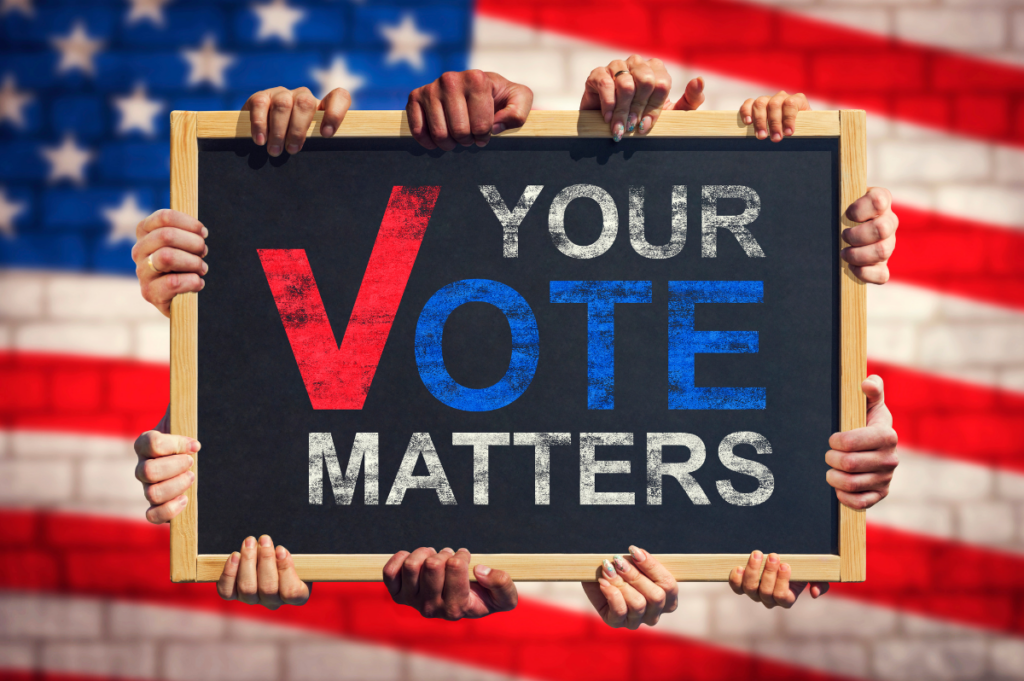
 0
0 
The upcoming 2024 U.S. Presidential Election promises to be a pivotal moment in determining the future of gun rights and the Second Amendment. With a diverse pool of candidates, the election offers a broad spectrum of perspectives on these critical issues. This article will explore each candidate’s stance on gun control, their policies, and past positions.
President Joe Biden has been a vocal advocate for gun control throughout his political career. His administration has proposed measures including banning assault weapons and high-capacity magazines, as well as implementing universal background checks. Biden’s history includes the 1994 Assault Weapons Ban, which expired in 2004 and has not been renewed.
Former President Donald Trump has been a consistent supporter of the Second Amendment. However, his position on gun control has fluctuated somewhat. Initially advocating for stronger background checks following the Parkland shooting in 2018, he later backtracked under pressure from gun rights groups.
Robert F. Kennedy Jr.’s stance on gun control is less clear. As an environmental lawyer and activist, his public statements have primarily focused on environmental issues. However, given his family’s Democratic background, it’s possible that he may lean towards stricter gun control measures.

Self-help author and 2020 Democratic presidential candidate Marianne Williamson called for stricter gun laws, including mandatory waiting periods and closing the gun show loophole. Her holistic approach to policy could bring a unique perspective to the gun rights debate.
Florida Governor Ron DeSantis has consistently opposed stricter gun laws, arguing they infringe on citizens’ Second Amendment rights. His tenure as governor saw him sign a bill allowing teachers to carry guns in classrooms as a response to school shootings.
Former UN Ambassador Nikki Haley has shown support for the Second Amendment but her stance on gun control is nuanced. She has expressed support for some restrictions, such as denying guns to those on the terrorist watch list.
Biotech entrepreneur and author Vivek Ramaswamy hasn’t held public office before, making his stance on gun rights less clear. However, his conservative views suggest he may lean towards protecting gun owners’ rights.

Former Vice President Mike Pence has been a staunch advocate of the Second Amendment and against gun control measures throughout his political career. As governor of Indiana, he signed several pro-gun bills into law.
Former New Jersey Governor Chris Christie’s stance on gun rights has evolved over time. Once favoring gun control, Christie shifted towards defending gun rights during his 2016 presidential run.
South Carolina Senator Tim Scott is a strong supporter of the Second Amendment. He has consistently voted against gun control measures in the Senate.
North Dakota Governor Doug Burgum is a pro-gun rights Republican who has opposed restrictive gun laws in his state.
Arkansas Governor Asa Hutchinson has a mixed record on gun rights. While he has supported some pro-gun measures, he also backed red flag laws, which are typically opposed by gun rights advocates.
In conclusion, the 2024 Presidential Election offers a wide range of viewpoints on gun rights and the Second Amendment. The diverse perspectives of the candidates ensure that this critical issue will be a central topic throughout the campaign. As voters, it’s essential to understand where each candidate stands on these issues and what their positions could mean for the future of gun regulation in America.

 0
0